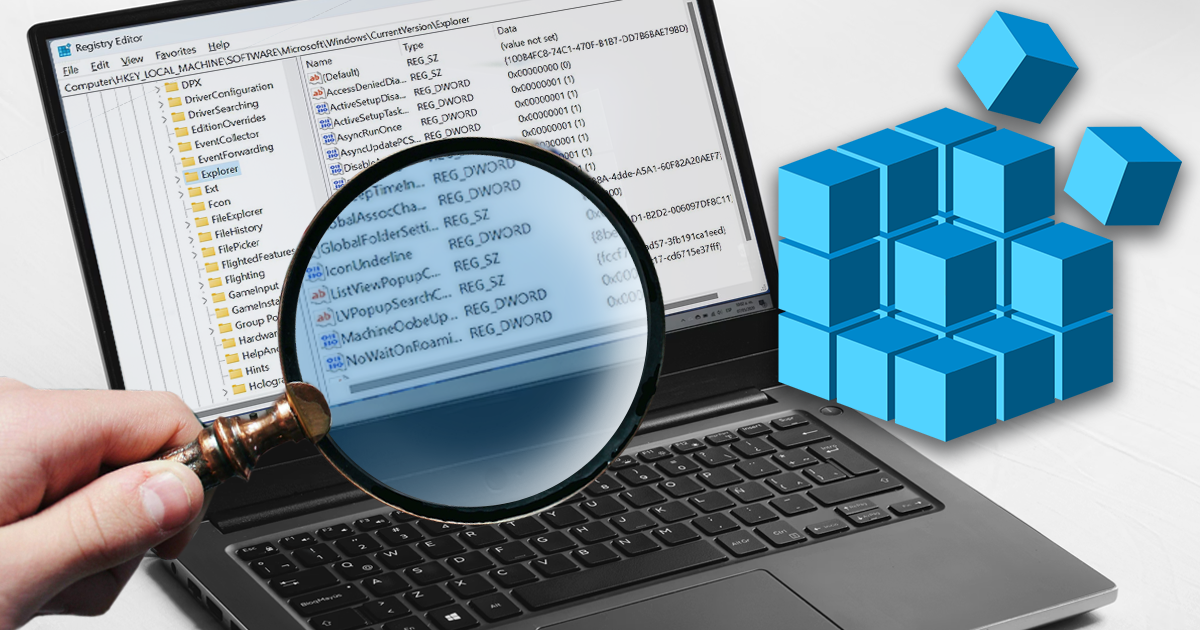Access to encrypted information can be gained through various methods, including live system analysis (1 and 2), using bootable forensic tools, analysis of sleep/hibernation files, and exploiting TPM vulnerabilities, with password recovery being the last option on the list. Each method has different resource requirements and should be used in order of least resource-intensive to most time-consuming, with password recovery as the last resort. Familiarize yourself with the different encryption recovery strategies and learn about data formats with weak protection or known vulnerabilities.
There are several methods for recovering the original password ranging from brute force to very complex rule-based attacks. Brute-force attacks are a last resort when all other options are exhausted. What can you reasonably expect of a brute-force attack, what is the chance of success, and how does it depend on the password and the data? Or just “how long will it take you to break it”? Let’s try to find out.
The new year is fast approaching, and of course we are curious to know what it has in store for us in the field of computer, mobile, and cloud forensics. But before 2022 is over, we invite you to take a moment to reflect on what 2022 has been like for us. More research, development and updates remained our top priority, as it has been in all previous years. We have continued with constant improvement to our solutions by launching new features and expanding product capabilities. We’ve also got a chance to attend some conferences to meet with you in person and share our expertise. So, here’s our take on the results of 2022.
Windows account passwords, or NTLM passwords, are among the easiest to recover due to their relatively low cryptographic strength. At the same time, NTLM passwords can be used to unlock DPAPI-protected data such as the user’s passwords stored in Web browsers, encrypted chats, EFS-protected files and folders, and a lot more. In this article we argue about prioritizing the recovery of NTLM hashes over any other types of encrypted data.
Several generations of Apple TV devices have a bootloader vulnerability that can be exploited with checkm8 to extract information from the device. The vulnerability exists in the Apple TV 3 (2012 and 2013), Apple TV HD (formerly Apple TV 4) 2015 and 2021, and Apple TV 4K (2017). Newer generations of Apple TV do not have the vulnerability. This guide lists the tools and steps required to fully extract a compatible Apple TV device.
checkm8 is the only extraction method available for the Apple Watch S3 allowing full access to essential evidence stored in the device. In this guide, we will talk about connecting the Apple Watch S3 to the computer, placing the watch into DFU mode, applying the checkm8 exploit and extracting the file system from the device with iOS Forensic Toolkit 8.0.
iOS Forensic Toolkit 8 brings new powerful user experience based on the command line. While this approach offers experts full control over the extraction process, mastering the right workflow may become a challenge for those unfamiliar with command-line tools. In this quick-start guide we will lay out the steps required to extract the file system and decrypt the keychain of a compatible iPhone or iPad device.
Disk encryption is widely used desktop and laptop computers. Many non-ZFS Linux distributions rely on LUKS for data protection. LUKS is a classic implementation of disk encryption offering the choice of encryption algorithms, encryption modes and hash functions. LUKS2 further improves the already tough disk encryption. Learn how to deal with LUKS2 encryption in Windows and how to break in with distributed password attacks.
Modern versions of Windows have many different types of accounts. Local Windows accounts, Microsoft accounts, and domain accounts feature different types of protection. There is also Windows Hello with PIN codes, which are protected differently from everything else. How secure are these types of passwords, and how can you break them? Read along to find out!
While Windows 11 requires a Trusted Platform Module (TPM), older versions of Windows can do without while still using PIN-based Windows Hello sign-in. We prove that all-digit PINs are a serious security risk on systems without a TPM, and can be broken in a matter of minutes.


